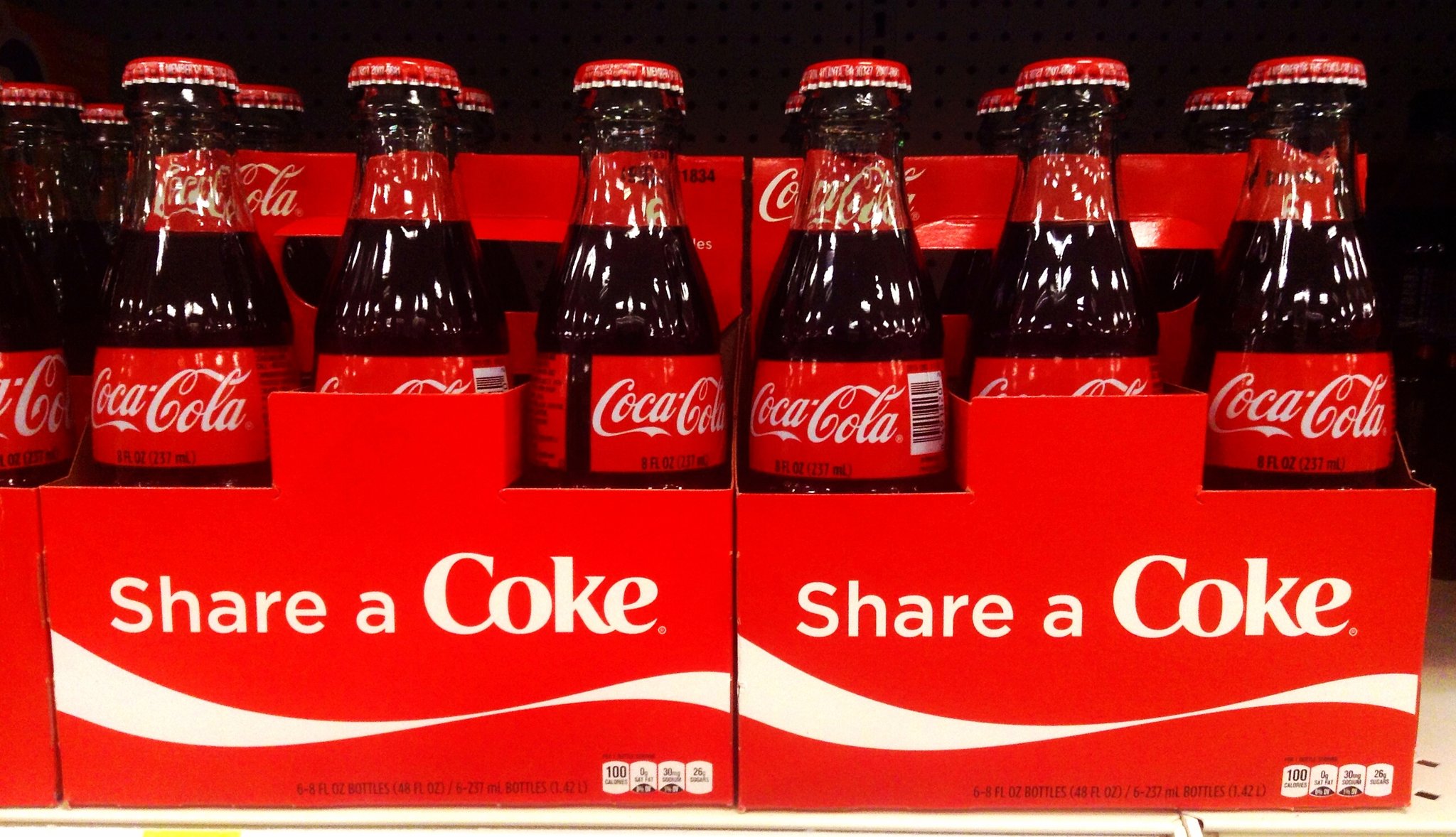Lawsuit Says Coca-Cola of Misleads People, Downplays Soda Health Risks

A lawsuit filed January 4 against Coca-Cola and the American Beverage Association (ABA) alleges that the food company and trade group mislead buyers about the health risks of consuming sugary beverages. [1]
The suit was filed on behalf of the nonprofit Praxis Project. It accuses Coca-Cola and ABA of downplaying the risks to boost sales, despite more than enough scientific evidence that sugary drinks contribute to obesity, diabetes, and cardiovascular disease.
Praxis is being represented by the Center for Science in the Public Interest, a fellow nonprofit with a lengthy history of litigation targeting the food and beverage industries. [2]
The defendants are accused of using euphemisms like “balance” and “calories in, calories out” to mislead people. Praxis claims that Coca-Cola tried to mislead the public into believing that a lack of exercise was the true cause of obesity. [1]
The complaint reads:
“As part of this misrepresentation, Coca-Cola executives and agents misleadingly sought to divert focus from sugar-sweetened beverage consumption to a purported lack of exercise as the explanation for the rise in obesity-related chronic conditions, despite the fact that they knew this explanation was not scientifically sound.” [2]
Maia Kats, litigation director of the Center for Science in the Public Interest, which helped file the lawsuit, said in an interview:
“The notion that Coke’s products can be part of a healthy diet is imprinted on the minds of millions if not billions of people, and requires corrective action.” [1]
Kats compared Coke’s and ABA’s deceptive tactics to those used by the tobacco industry for decades, until litigation forced companies to admit how dangerous cigarettes and other tobacco products were. [2]
“From the 1950s until the late 1990s, the tobacco industry engaged in an elaborate campaign of disinformation to cast doubt on the science connecting cigarettes to lung cancer and other diseases.
Like the tobacco industry, Coca-Cola needs to replenish the ranks of its customers, and it tries to recruit them young.”
Kent Landers, a Coca-Cola spokesperson, called the lawsuit “legally and factually meritless. We take our consumers and their health very seriously and have been on a journey to become a more credible and helpful partner in helping consumers manage their sugar consumption.” [1]
The ABA said the lawsuit’s accusations are “unfounded.” It added that, together with its members, it is working with health groups to reduce people’s sugar and caloric intake from beverages.
Is Coca-Cola Really Trying to Help?

Hmm. Let’s take a closer look at Coca-Cola’s “journey.”
- Coca-cola is so concerned about public health that it donated more than $3.2 million to help defeat GMO labeling in California and Washington in 2014.
- In 2015, leaked company emails showed a senior executive at Coca-Cola had been working on giving $1.5 million in donations to “charities” that published propaganda telling people that sugary drinks had nothing to do with obesity, diabetes, and numerous other health issues associated with obesity. The discovery of the emails forced the executive into “immediate retirement.”
- Coca-Cola was caught red-handed paying “health leaders” to say that soda is a “healthy snack.”
- Around 2012, Coca-Cola helped to create and fund the now-defunct Global Energy Balance Network (GEBN), an organization that was framed as an unbiased proponent of a balance between diet and exercise. However, it was later revealed that the organization was getting direction and talking points straight from Coca-Cola execs.
- Coca-Cola, along with PepsiCo, fund a combined 96 U.S. health groups, including government-run groups, like the American Diabetes Association.
Take away the bullet points above, and you still have a case against Coca-Cola. The company should have to eat its own words. In a 2012 interview, a senior Coca-Cola executive said:
“There is no scientific evidence that connects sugary beverages to obesity.” [2]
Right.
The complaint goes on to say:
“Whether through GEBN, or various universities, Coca-Cola spent approximately $120 million, between 2010–2015 alone, surreptitiously funding various research and programs intending to confuse and misrepresent the science on the link between sugar-sweetened beverages and obesity, type 2 diabetes, and cardiovascular disease.”
As I wrote in December 2016, a study conducted by researchers from the University of California, San Francisco, found a 100% probability that a published study that finds no link between sugary beverage consumption and poorer metabolic health, was underwritten by the beverage makers themselves, or was authored by researchers with financial ties to that industry.
Most people recognize that soda is not good for them, even if they only associate sugary drinks with cavities. What Coca-Cola and other companies want to do is place a seed of doubt in your mind, so that the next time you’re facing down an icy can of Coke, you’re confused just enough to convince yourself it’s OK to drink it.
They know that conflicting information is often enough to boost sales.
Sources:
[1] Reuters
[2] Consumerist
